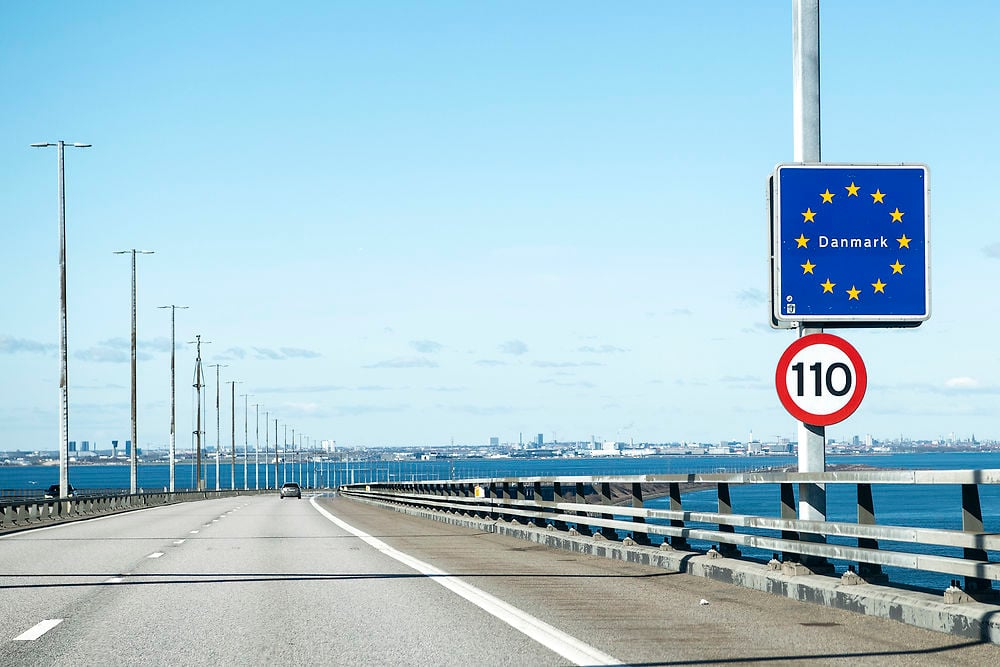Good sushi is expensive in Ticino, but with borders closed, a trip to Italy for lunch is not really on the menu.
As a result, local residents order the dish online from the nearby Italian town of Ponte Tresa and have it delivered at the border.
While delivery drivers are not allowed to cross into Switzerland to make the delivery, they wait on the border to hand the orders over.
The ensuing congestion at the border creates “a dangerous, unacceptable and intolerable situation” particularly on weekends, according to Piero Marchesi, mayor of Monteggio, a Swiss municipality located on the border.
In an interview with Ticino Online, Marchesi spoke of “rudeness, chaos of traffic, gatherings and illegal parking” as Swiss customers wait to pick up their orders from Italy.
«Il sushi al confine sta causando problemi di ordine pubblico» https://t.co/1ffeRX33sp
— Corriere del Ticino (@CdT_Online) February 16, 2021
“We ask the cantonal and municipal police to coordinate with the border guards to find a solution. I can't go there to direct traffic”, he said.
The customs of Ponte Cremenaga, Fornasette and Ponte Tresa have become a meeting point for customers picking up their food orders from Italy.
In response to Marchesi’s complaints, the Federal Customs Administration (AFD) confirmed that “the border areas, for various reasons related to safety and traffic aspects, are not suitable to be used for exchange of goods”.
Il sushi sul confine diventa un problema #monteggio #dogana #pontecremenaga #pontetresa #fornasette #sushitake away https://t.co/dI9yRU1hPY
— Ticinonline (@Ticinonline) February 15, 2021
For his part, Norman Gobbi, president of the canton’s Council of State said that “there are several services that offer sushi in the Ticino area”.
Meanwhile, Ticino officials asked Bern to introduce border restrictions to limit non-essential traffic to and from Italy, a request that has not yet been answered by federal authorities.
READ MORE: Why are cross-border workers exempted from Switzerland’s new travel restrictions?



 Please whitelist us to continue reading.
Please whitelist us to continue reading.
Member comments